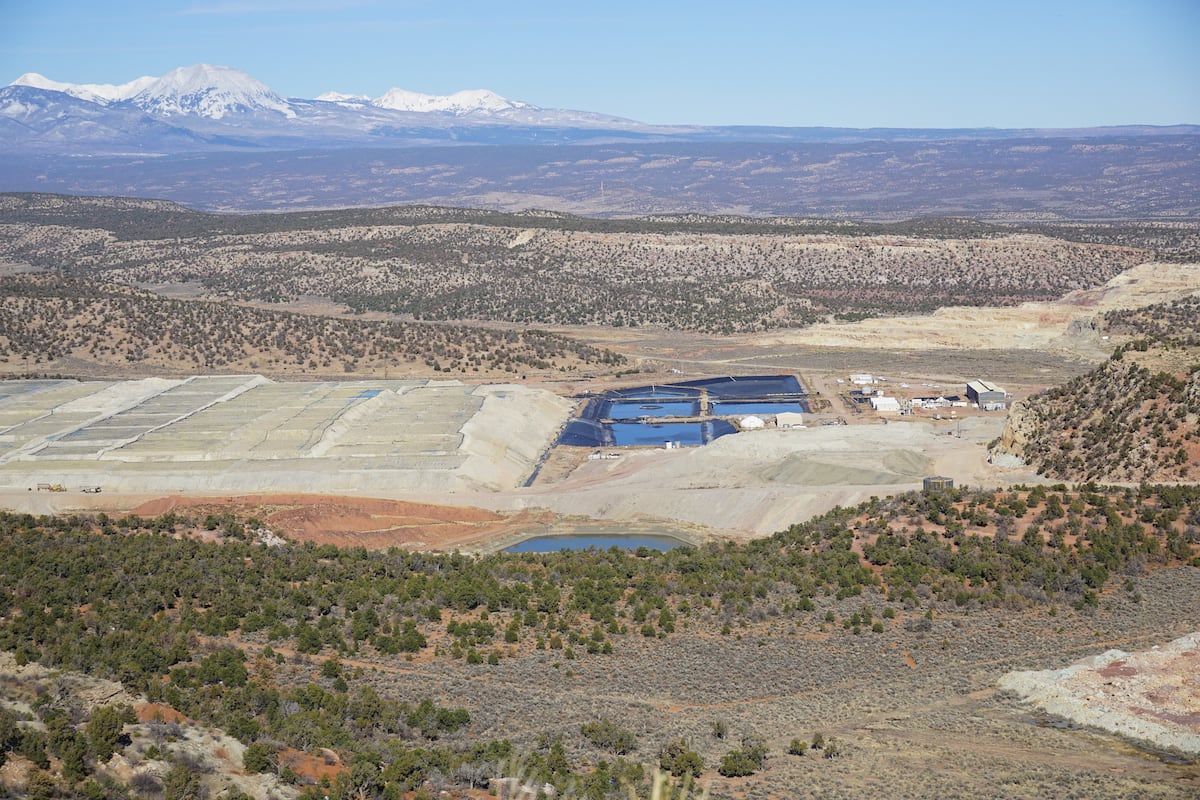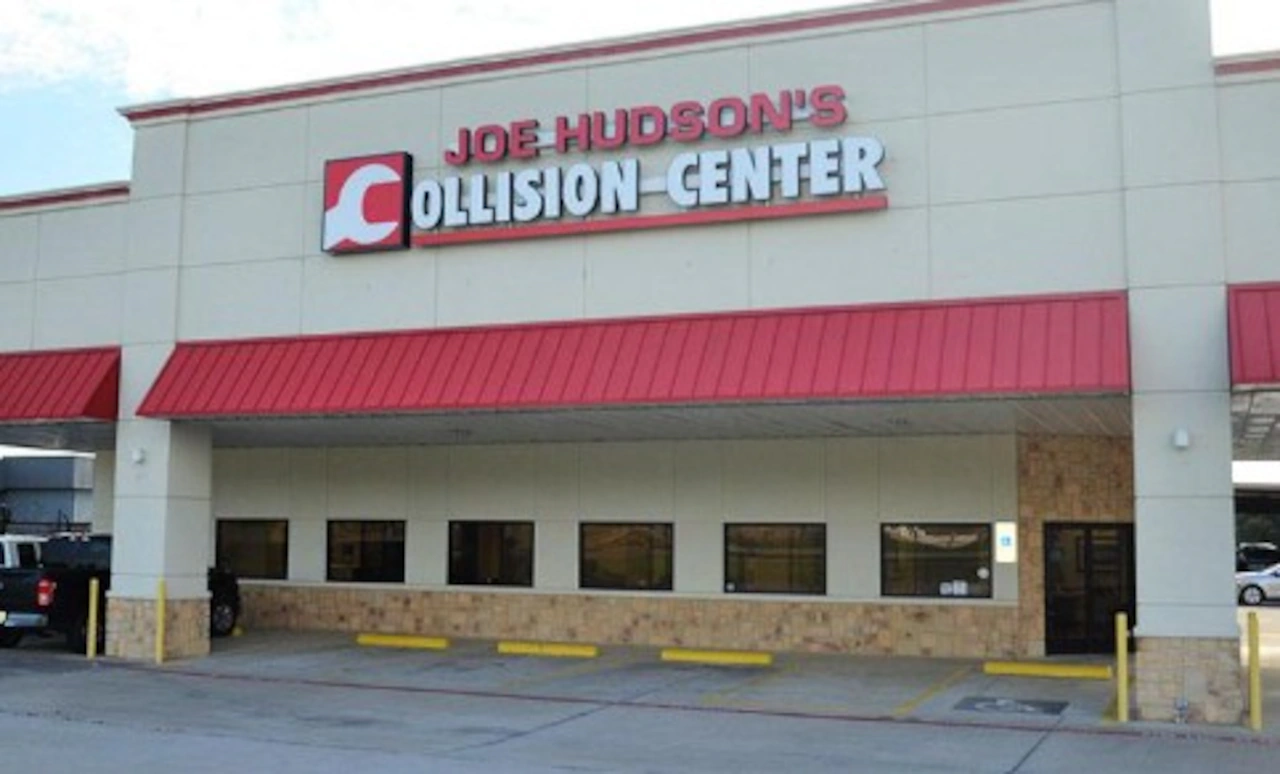Copyright Salt Lake Tribune

The U.S. Environmental Protection Agency has approved an exemption that lifts federal drinking-water protections for part of a San Juan County aquifer, allowing Lisbon Valley Mining Company to move forward with a new phase of copper extraction at its mine north of Monticello. The EPA and state regulators said the exempted portion of the Burro Canyon aquifer isn’t used for drinking water and is unlikely to be in the future because it is both geologically isolated and contains commercially recoverable copper ore. The Oct. 27 decision marks one of several approvals still needed for the company’s long-planned expansion — a broader project the Bureau of Land Management approved in October that could extend operations for about two decades across roughly 5,700 acres. Lisbon Valley Mining operates one of Utah’s few active copper mines, located about 30 miles southeast of Moab on a mix of private, state and BLM-managed land. The open-pit mine has produced copper for nearly 20 years and remains one of San Juan County’s largest private employers. The company’s expansion is part of the federal FAST-41 permitting program, created in 2015 to coordinate environmental reviews among federal agencies and improve the timeliness and transparency of complex infrastructure projects. The Trump administration added the Lisbon Valley project to FAST-41 in April, as part of a national effort to bolster domestic mineral production, though federal officials have emphasized that the designation does not fast-track or bypass environmental requirements. BLM says the approved plan adds new open-pit mining areas and in-situ recovery wells — a method that dissolves copper underground with a mild acidic solution and pumps the mineral-rich liquid back to the surface for processing. It means the ore is extracted in place without a huge amount of excavation required as in open pit mining. The expansion could yield more than half a billion pounds of copper, followed by long-term reclamation and monitoring once operations conclude. People who live and work near the mine have expressed concerns that the extraction method could contaminate groundwater used for drinking and irrigation, but Lisbon Valley Mining has said it does not share those concerns. What the EPA decision does The EPA’s exemption applies to the mine’s GTO wellfield, one of several zones the company ultimately hopes to develop. It lifts federal drinking-water protections for that portion of the Burro Canyon aquifer under the Safe Drinking Water Act, allowing Lisbon Valley Mining to inject fluids used in in-situ copper recovery. Regulators say the method, when tightly monitored, causes less surface disturbance than open-pit mining but depends on strict containment to prevent groundwater contamination. The Utah Division of Oil, Gas and Mining, which regulates mine operations and reclamation, said Lisbon Valley Mining has not yet submitted a new Notice of Intent for its in-situ recovery project — a required step before underground extraction can begin. The division expects to receive that filing sometime around the beginning of next year. The EPA approved the exemption after a recommendation from the Utah Division of Water Quality, which regulates underground injection in the state under EPA oversight. The division said it relied on detailed geological, hydrological and geochemical studies showing that the Burro Canyon aquifer within the GTO wellfield lies inside a fault-bounded basin with limited permeability, sealed above and below by shale formations that restrict groundwater movement. A 2012 pumping test also found no water flow across a nearby fault, suggesting it acts as a barrier between the mine area and surrounding groundwater. The Division of Water Quality said Lisbon Valley must maintain “hydraulic control” at the site by closely tracking injection pressures, volumes and groundwater levels to ensure fluids stay within the permitted area. A ring of monitoring wells will detect any changes in water levels or chemistry, and quarterly public reports will summarize testing data. The company is also required to restore groundwater quality after operations conclude and provide financial assurances to cover cleanup even if the company becomes insolvent. Division of Water Quality Director John Mackey said the state permit was issued after “extensive review and analysis” of the company’s proposed recovery system. “With proper implementation by [the mine] and oversight by the Division,” Mackey said, “the permit ensures robust and lasting protection of critical local and regional groundwater supplies.” Company calls approval a milestone Larry Giegerich, Lisbon Valley Mining Company’s chief operating officer, described the EPA’s decision as “a major milestone.” The company currently employs about 81 full-time workers after furloughing roughly half its workforce late last year — a temporary measure, Giegerich said, to align with the mine’s operational phase at the time. He said about seven employees have since returned to full-time positions, and the company expects to add more local jobs in operations, maintenance and environmental monitoring as the expansion advances. “Lisbon Valley Mining has been in operation for nearly 20 years and remains committed to adherence to all regulatory standards to ensure the protection of the Burro Canyon aquifer,” he said. BLM expansion approval The BLM’s Oct. 16 Record of Decision finalized the agency’s environmental review and authorized Lisbon Valley Mining’s expansion, allowing new open-pit and in-situ recovery on federal land. The approval remains contingent on compliance with separate state and federal permits, including the EPA’s newly issued aquifer exemption. “With this decision, the BLM has completed an efficient permitting process for the expansion of the Lisbon Valley Copper Mine,” said Nicollee Gaddis-Wyatt, the agency’s Canyon Country District Manager. “Access to domestic critical minerals, like copper, through this mine expansion is a key part of the Administration’s effort to unleash America’s affordable and reliable natural resources.” The Record of Decision requires Lisbon Valley Mining to follow the mitigation, monitoring and reclamation commitments outlined in the project’s environmental impact statement, developed in coordination with the EPA, Utah DEQ and San Juan County. Local concerns persist Scott Stevenson, a Lisbon Valley resident who co-owns the 3 Step Hideaway bed-and-breakfast about three miles from the mine, said he remains concerned about groundwater and the valley’s water-dependent businesses. “We’ve been fighting them now for almost five years about the groundwater,” Stevenson said. ” … It’s just smoke and mirrors in all different directions to keep everybody off guard and not really knowing what is going on.” He added his business and neighboring ranches rely on wells that draw from the Burro Canyon aquifer and want stronger assurances that mining operations in the exempted portion won’t affect their water sources. Other residents, including the nearby Wilcox family ranch, have previously raised similar concerns, warning that underground copper recovery could pose risks to drinking water or alter the quiet, rural setting of the lower valley. The EPA’s Record of Decision adds that “physical barriers and operational controls” are expected to prevent fluids from migrating outside the exempted area.



